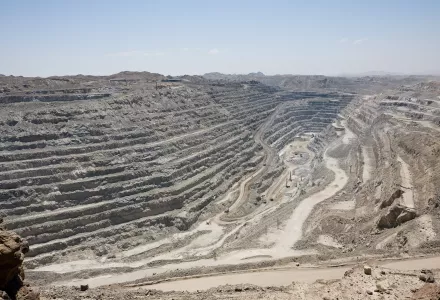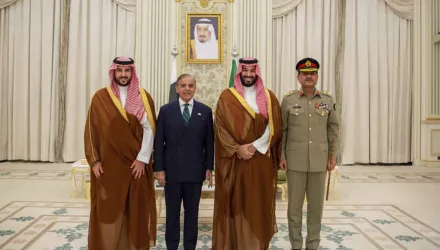
“Africa and the Atomic Bomb” is a three-part series from Inkstick that explores Africa’s role in the global nuclear order by examining the complexity and variety of African relationships with nuclear arms and nuclear energy through the lenses of security, development, climate change and the environment, and global justice and equality. The series was prompted by the March 26, 2021 Managing the Atom panel discussion titled "Africa and the Atom."
In Part I, Olamide Samuel explains the importance of recognizing the nuanced, rich, and important narratives from African states about the global nuclear order. Joelien Pretorius dives deeper, focusing on African schools of nuclear thought and how those continue to shape the perception of African leaders. Jean Yves Ndzana then points to Africa’s colonial nuclear history and the current injustice of the international nuclear order, and its potential impact on future African leaders.
In Part II, both Jean-Marie Collin and Austin R. Cooper describe France’s nuclear legacy and its role in shaping African perceptions about nuclear weapons, the environmental impact of nuclear testing, and disarmament.
In Part III, Toni Haastrup describes how African states have reacted to France’s abuse of the Saharan desert a nuclear testing site and how this collective action has shaped African nuclear narratives, while Robin Möser focuses on South Africa’s contribution to the global nuclear order, and how disarmament is possible.

